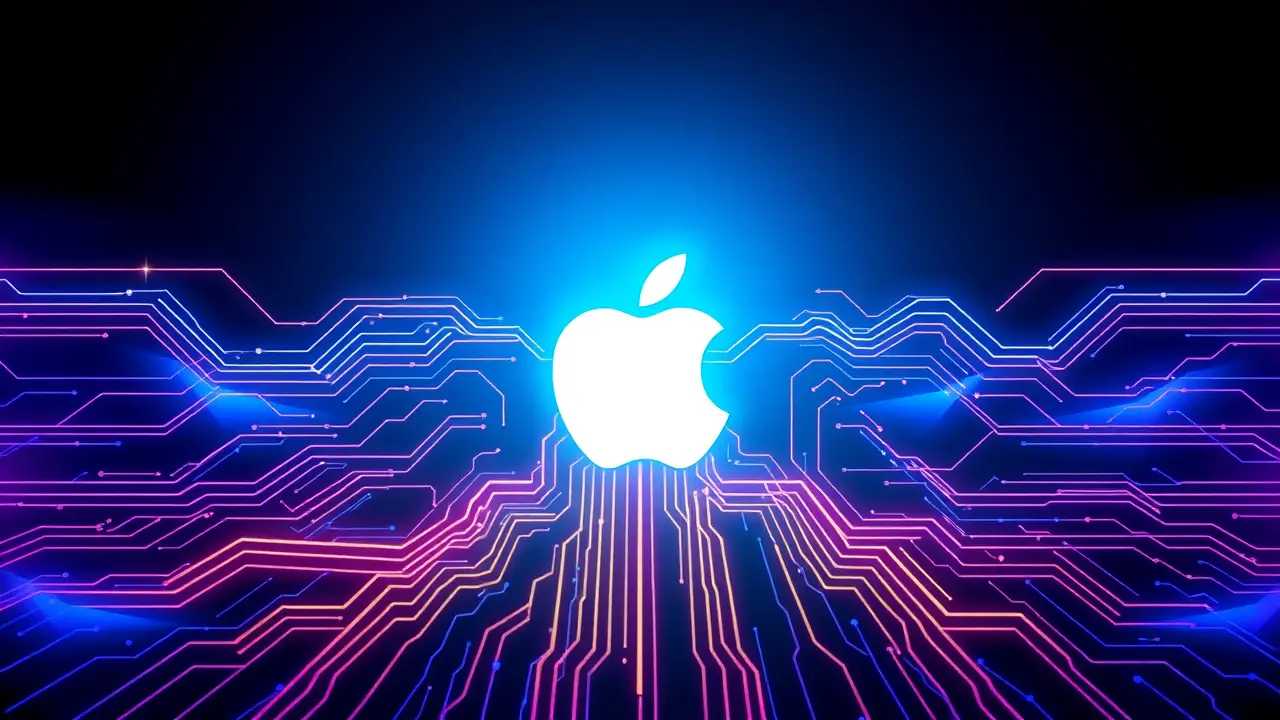Apple Complies with Texas Age Law But Warns of Privacy Risks
In a move that echoes the complex dance between innovation and regulation, Apple has formally complied with Texas's new age verification law, but its acquiescence comes with a stark and sobering warning about the profound privacy trade-offs this legislation demands. This isn't merely a corporate grumble; it's a critical dispatch from the front lines of a burgeoning conflict where the well-intentioned goal of protecting minors online collides headlong with the foundational principles of digital autonomy and encryption.The Texas law, which mandates that platforms verify the age of users accessing certain content, forces a technological dilemma of the highest order. To comply, Apple must essentially create a backdoor—or at the very least, a designated checkpoint—in its famously walled garden, a system built on the promise that user data, from messages to browsing habits, remains sacrosanct.This act of compliance, while legally necessary, unravels a core tenet of Apple’s brand identity, one it has wielded as a shield against regulators and a sword against competitors: that privacy is a fundamental human right. The company’s public statement is a masterclass in corporate diplomacy, carefully avoiding a direct challenge to the law’s intent while sounding a five-alarm fire about its implementation, suggesting that the method of age assurance mandated could expose all users, not just minors, to unprecedented surveillance and data vulnerability.This scenario is a classic Asimovian paradox, reminiscent of the conflicts inherent in the Three Laws of Robotics, where a well-meaning rule (protect humans) creates an unforeseen and potentially catastrophic loophole. We are witnessing the practical application of such a paradox in real-time, as a law designed to protect a vulnerable population inadvertently constructs a system that could erode privacy for everyone.The technical mechanisms for large-scale age verification are still in their relative infancy, often relying on third-party services that scan government IDs or use facial age estimation, each method creating a new, honeypot database of sensitive personal information that becomes a irresistible target for bad actors. By vocalizing these concerns, Apple is not just protecting its business model; it is positioning itself as the reluctant adult in the room, forced to implement a policy it knows is structurally flawed.This is a calculated risk, aligning the tech giant with civil liberties groups and privacy advocates who argue that such laws, while popular with lawmakers seeking quick fixes to complex social problems, set a dangerous precedent for state-mandated digital identity systems. The implications ripple far beyond the borders of Texas.This law, and Apple’s nuanced response, serves as a bellwether for a national, and indeed global, struggle to govern the digital public square. Other states are watching, and a patchwork of similar legislation could force a balkanization of the internet, where your access and privacy rights change depending on your ZIP code. Furthermore, Apple’s stance invites a crucial debate: in the quest to create a safer online environment, are we sacrificing the very architecture of a free and open internet? The company’s warning is a stark reminder that in the calculus of public policy, the road to a surveilled state is often paved with good intentions, and once the genie of pervasive age verification is out of the bottle, it will be nearly impossible to put back in.
It’s quiet here...Start the conversation by leaving the first comment.
© 2025 Outpoll Service LTD. All rights reserved.
